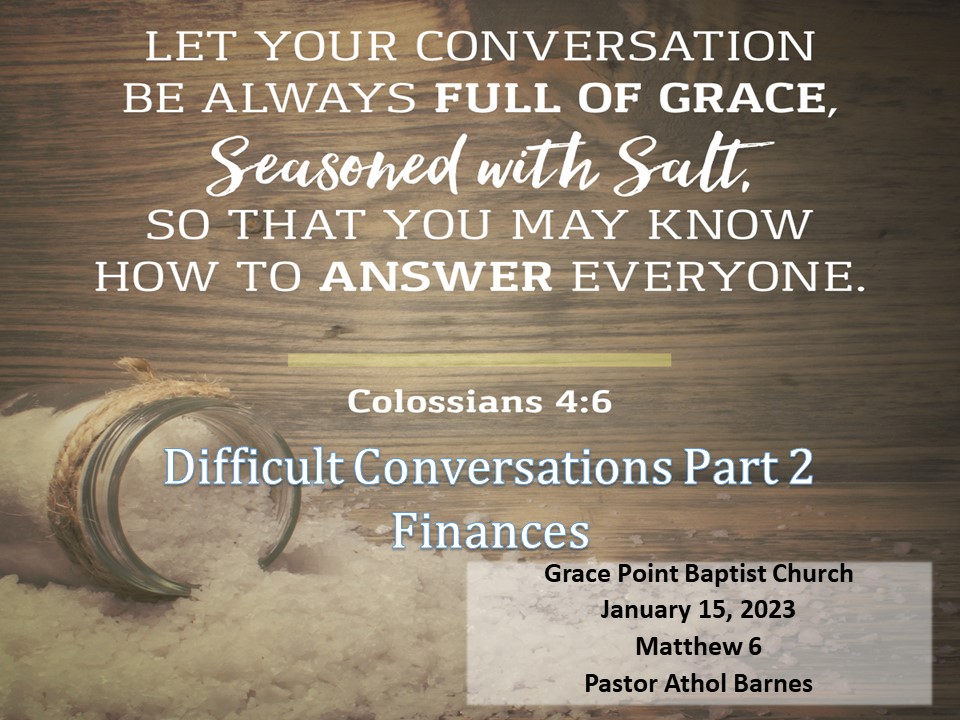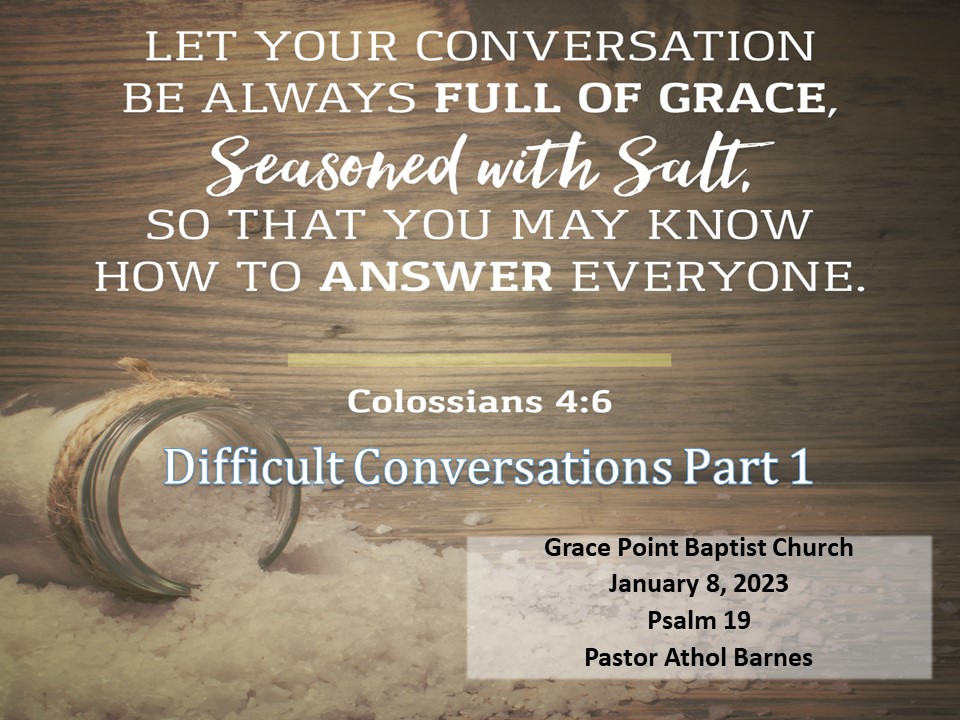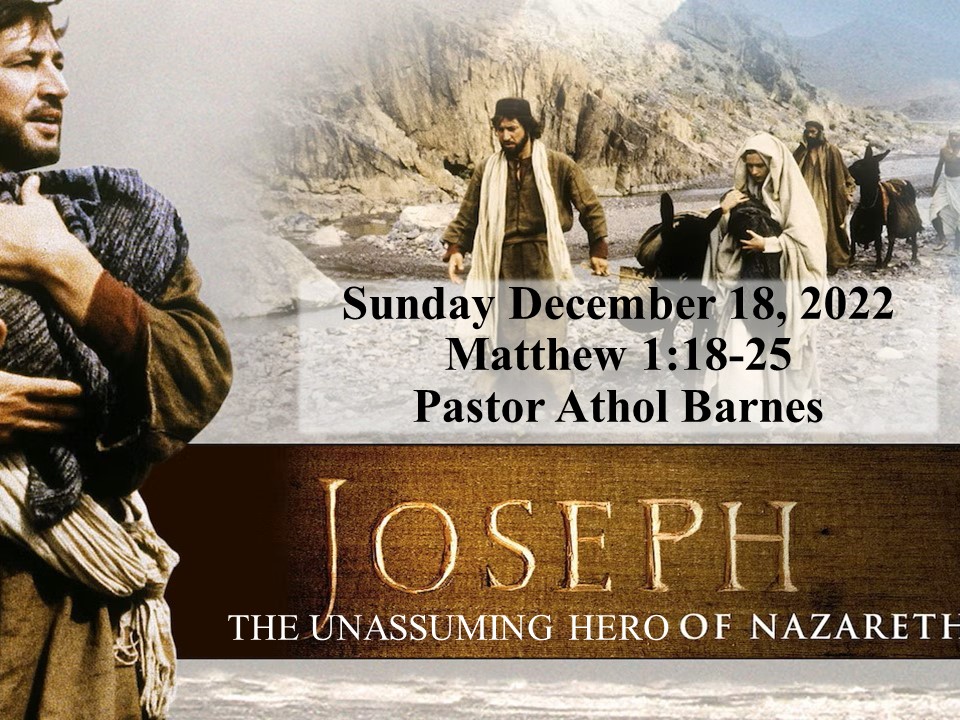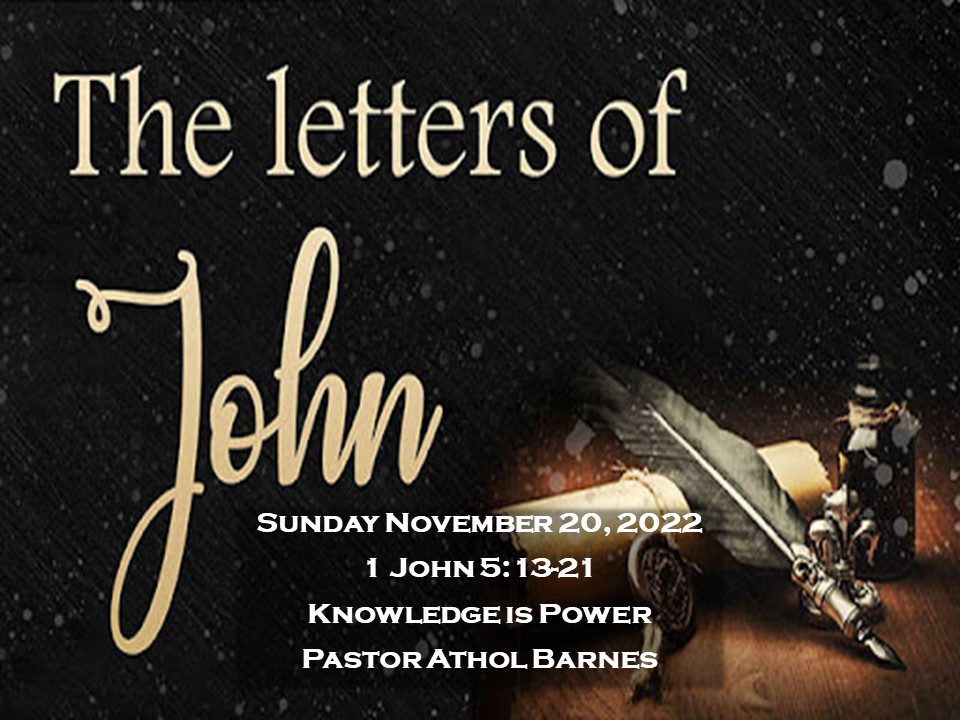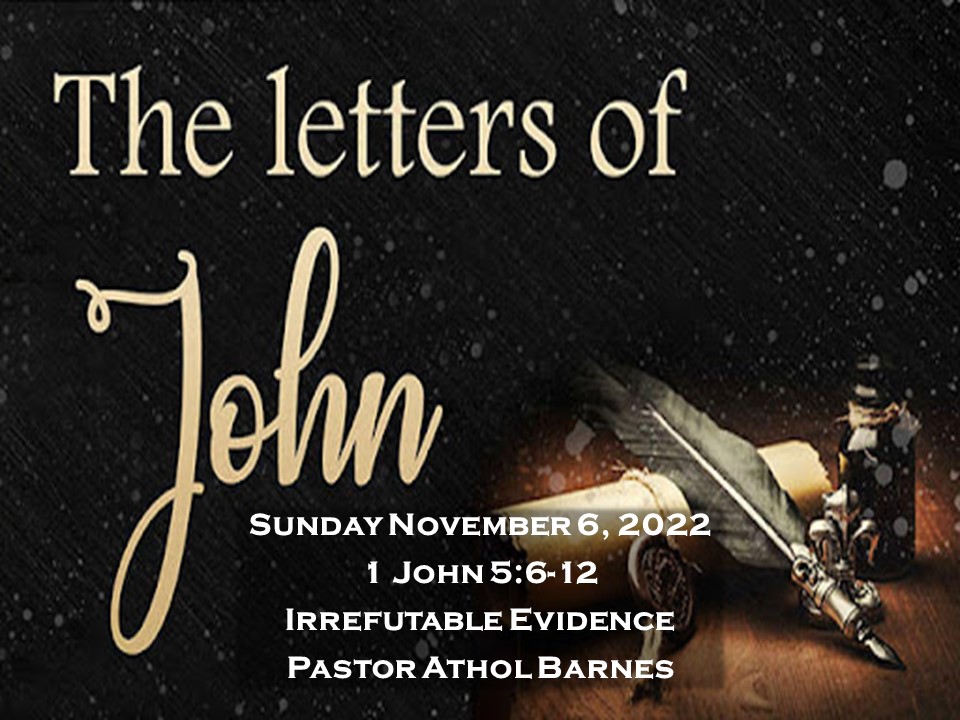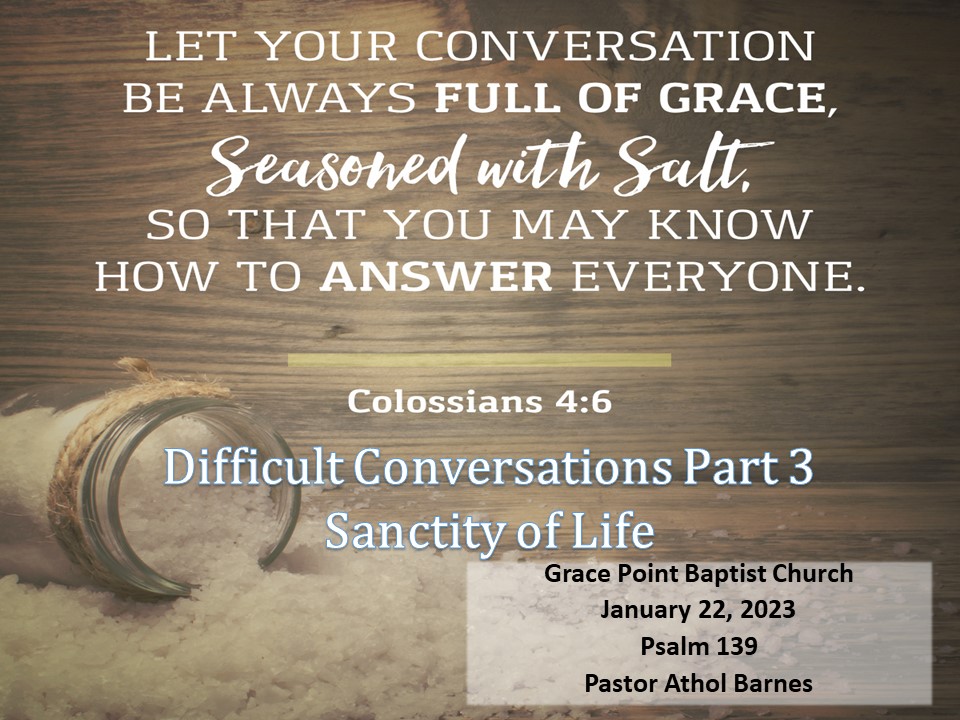
Human life is a gift from God. It begins with conception and ends with natural or accidental death.
Human life is far more than a mere physical and temporal existence. The conversation on the sanctity of human life must be seen through the lens of eternity.
On January 13th, 1984, President Ronald Reagan issued a presidential proclamation, designating Sunday, January 22th 1984 as National Sanctity of Human Life Day.
Last June, the Supreme Court finally overturned Roe v. Wade in the case of Dobbs v. Jackson Women’s Health Organization. States, including Missouri, have immediately enacted legislation preventing and limiting abortion.
But is the battle for the sanctity of life over?
Sadly, the battle for life will not be over until Satan is finally bound and cast into the fires of Hell (John 10:10).
But the real question is, how much do we value life across all seasons from conception to the aged?
Beginning with the unborn, David recognizes the value of his own life even before he was born in Psalm 139. Life begins at conception and from that instant, our days are planned by God.
Every life is precious to God and has unlimited potential.
As the Church we need to be active in the fight for life. Adopting children and helping other believers who feel called to adopt.
As the Church we are compelled to care for those who have had an abortion. These are women who, for whatever reason, were forced to make a very difficult choice. Are we ready to share the love of Christ and lead them to the healing and forgiveness that is only found at the cross of Jesus Christ.
Our prayers for the life of the unborn must continue. But what about those who are elderly, disabled or unable to provide for themselves?
As believers, we believe that God controls the day of our birth and the day that we die, we trust the Lord with His perfect timing. Even when life ends tragically and unexpectedly, we must trust that the Lord is sovereign.
However, today we are seeing an increasing acceptance of Physician Assisted Suicide or Euthanasia.
This practice has been legal in the Netherlands, Canada, and now in ten US states.
Healthy societies are founded on the principles of preservation of human life. This is an increasingly slippery slope.
I am aware that this is a vast discussion and cannot cover it in a few lines. There is a difference between a patient refusing life saving treatment and doctors delivering lethal doses of medication to people who do not have a terminal illness.
There is a growing acceptance and legal permission for someone to die, who is not in a physically terminal situation, people with depression or chronic pain for example.
There have been instances where insurance companies have paid for physician-assisted suicide instead of treatments for terminal illnesses. Sadly, it’s easy to see why they would do that in a world where money is the god of the age.
Assisted suicide is neither compassionate nor an appropriate solution for those who are suffering.
By allowing physician-assisted suicide, we are determining that God cannot heal that particular situation. I believe it is evil and demonic, because it prevents any further glory for God and unless they are saved by the blood of Jesus, the person dying is going to experience eternal suffering that is far worse than anything they experienced in this world.
Daniel Callahan writes, “If death is an insult to the human condition, that insult requires a spiritual, not a scientific, remedy.”
Believers do not have the right to take their own lives. 1 Corinthians 6:19b-20 says, “You are not your own, for you were bought with a price. So glorify God in your body.”
But what about those that the world says, they are no longer valuable. They do not contribute in a meaningful way in society, those who are mentally or physically disabled. What does the Bible say about the value of their lives?
There is an account of a miracle that Jesus did in Luke 8, that I believe speaks to all of us about how we are called to treat the disabled people in our society. Jesus goes across the Sea of Galilee with his disciples and casts out thousands of demons from a man that his community had rejected and abandoned.
The demons go into the pigs and this causes quite a stir in the local community. In fact, verse 35 tells us that when the people see the man, clothed and in his right mind sitting at the feet of Jesus, they were afraid.
I believe that mentally disabled people who are unable to make a personal decision to follow Christ because of a disability, will be saved. They will be clothed and sitting at the feet of Jesus in their right minds. I believe that Jesus loves the disabled and those that the world rejects as if they are of no value.
I wonder if the people were afraid, they had treated this formerly demon-possessed man so badly, and he could remember them. How have you treated the mentally disabled and the demon possessed people you have encountered?
Every human life has a purpose and is valuable. The unborn have potential to proclaim the Gospel message to the nations and the sick have the potential to be healed and bring glory to God through their testimony. This should be the basis of the discussion for Christians engaging in the debate of the sanctity of human life.
In our culture today we are seeing the effects of the religion of humanism. A total rejection of God as creator. When you take God off the throne and worship mankind instead, then autonomy and the self-governance becomes the ultimate good.
Chuck Colson wrote, “Human beings have an infinite capacity for self-rationalization. If you push human beings to the edge, if you have an extreme situation, almost anything can be justified.”
We hold a great responsibility to protect life and uphold the value of life at every stage, from the moment of conception through natural death.
How do you value life?


